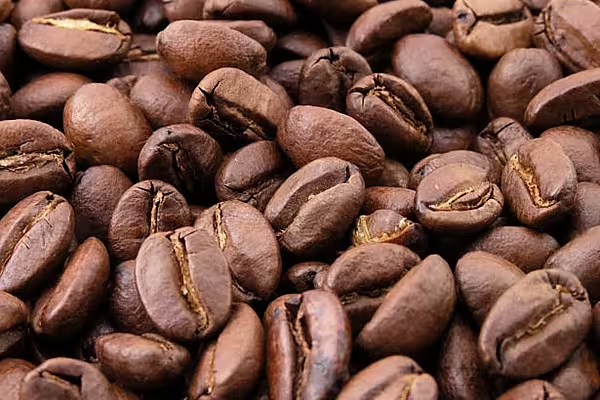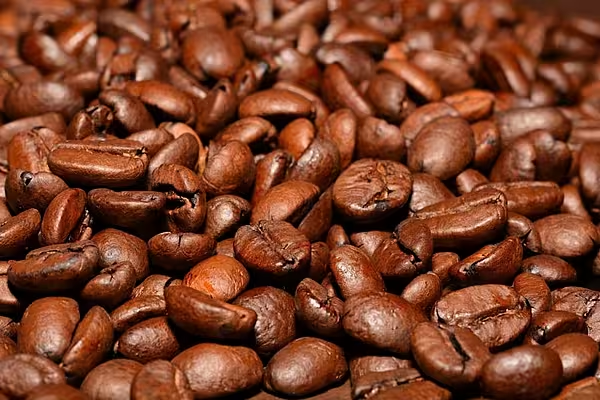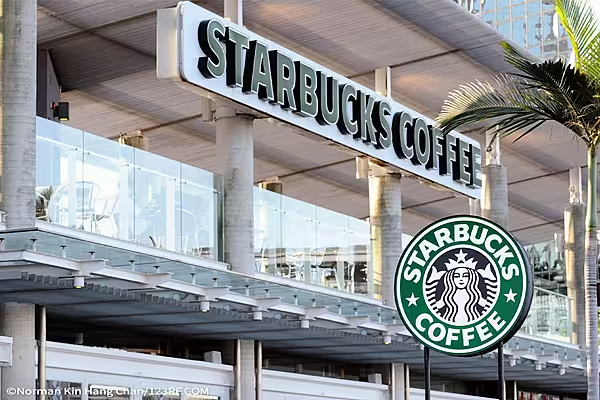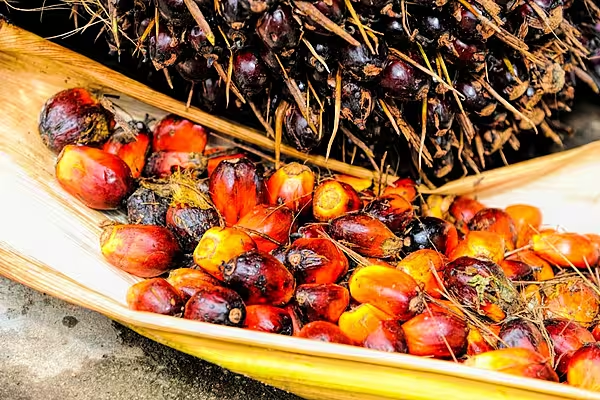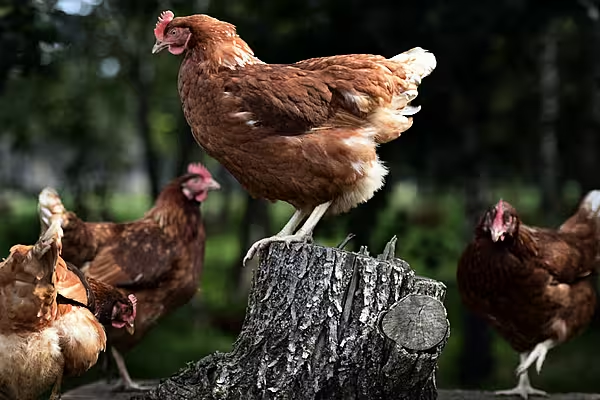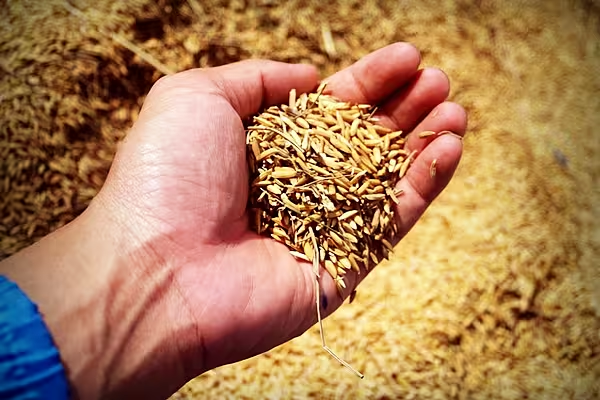Brazil's government has said that farmers in the world's largest coffee producer will harvest 55.74 million bags in 2022, 16.8% more than in the previous year, but an amount that is smaller than most in the market expect.
Brazil's coffee production is key to balance the global supply. A smaller-than-average crop could cause a deficit and sustain coffee prices around current 10-year highs.
Brazil's food supply agency Conab estimated the production of arabica coffee at 38.78 million bags, 23% more than in 2021, as the country enters the "on-year" in arabica's biennial production cycle.
Output of robusta coffee was seen 4% larger at 16.9 million bags.
Total production will still be far from the record in 2020, the previous "on-year" crop, which Conab put at 63 million bags.
Despite the overall increase for 2022, Conab's number is smaller than most independent estimates.
Crop Estimates
Rabobank expects a total crop of 63.5 million bags, while HedgePoint Global Markets sees it at 65.8 million bags.
HedgePoint coffee analyst Natalia Gandolphi said the Conab number would trigger a deficit for global arabica of around 1 million to 3 million bags and flat balance or a deficit for global production, considering both arabica and robusta.
"Would be a first in recent years for the coffee market, given that consecutive years of deficit/flat balance have not been seen since 2008-10," she said.
"It does confirm the general pessimism about the 2022 on-cycle crop, which prior to the frost had been thought might be a new record," said Ryan Delany, chief analyst at Coffee Trading Academy, LLC.
Drought And Frosts
The worst drought in 90 years and severe frosts hit Brazilian coffee fields last year.
"I have no problem with the delta (% increase), but their number for the last crop is too low," said a London-based analyst, adding that Conab's estimate looks particularly small for the robusta share, which most people in the market see above 20 million bags.
Gandolphi said that Brazil's assessment raises further concerns.
"Besides the current difficulty in sourcing, availability is likely to be a repeated issue next year, translating into a tighter market through 2022 and possibly 2023," she said.
News by Reuters, edited by ESM. For more Supply Chain news, click here. Click subscribe to sign up to ESM: European Supermarket Magazine.
